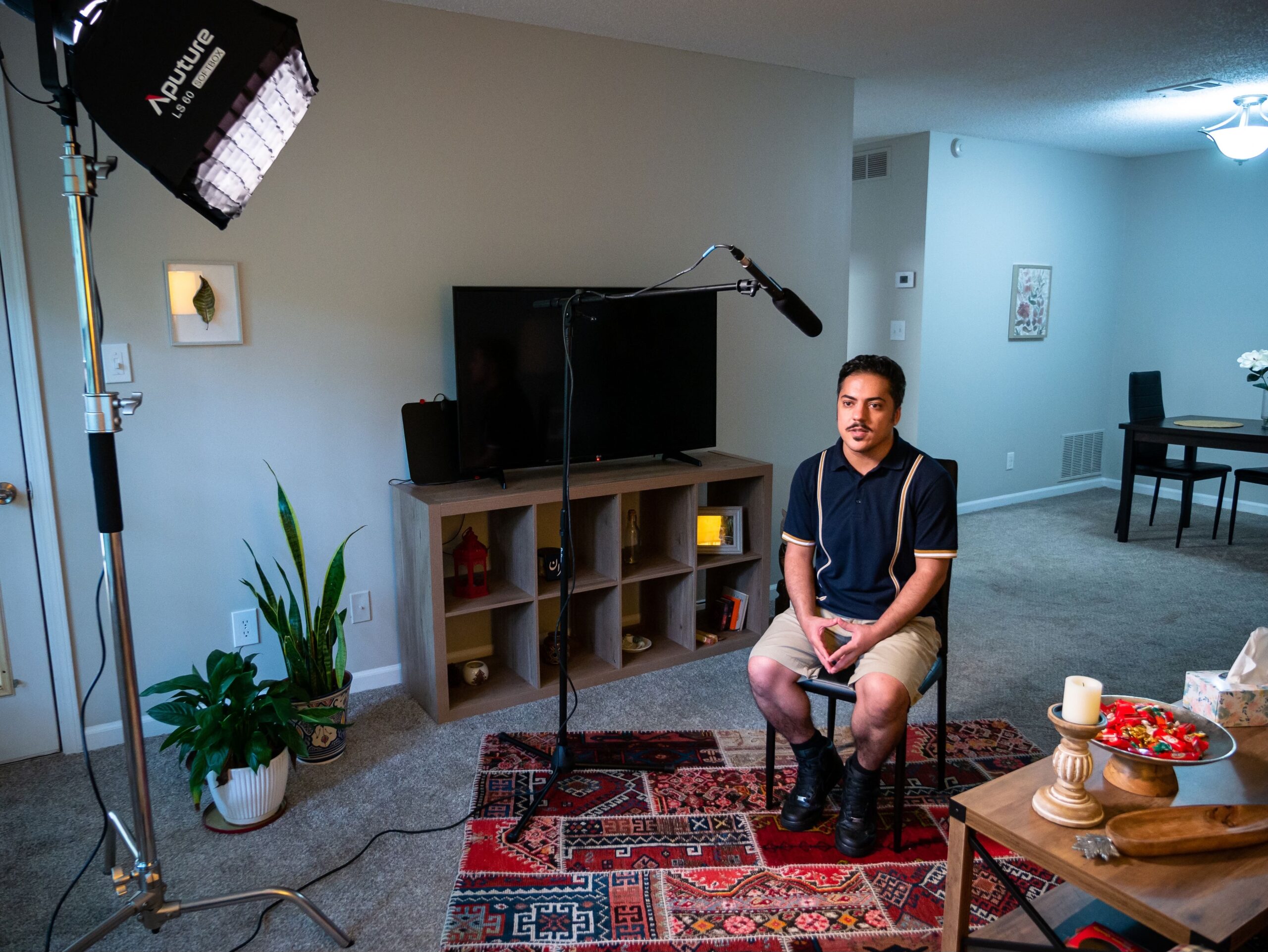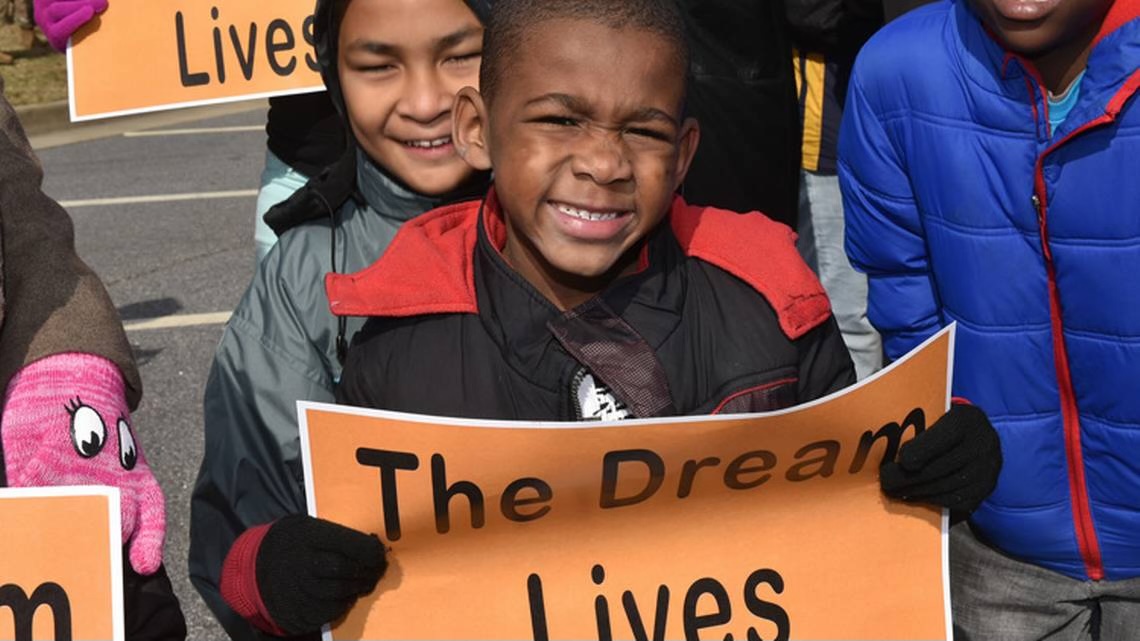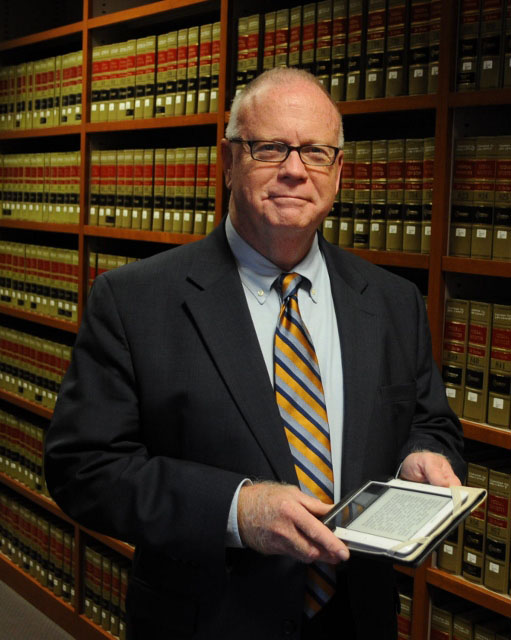In Matthew 25:35 Jesus spoke about welcoming the stranger, “For I was hungry and you gave me food, I was thirsty and you gave me drink, I was a stranger and you welcomed me.” This verse emphasizes the importance of welcoming strangers and treating them with kindness and compassion.
Jesus’ words reflect Jewish tradition found in Leviticus 19:33-34. “When a stranger sojourns with you in your land, you shall not do him wrong. You shall treat the stranger who sojourns with you as the native among you, and you shall love him as yourself, for you were strangers in the land of Egypt: I am the Lord your God.” This verse emphasizes that strangers should be treated with love and respect.
Jesus’s words are reinforced In Romans 15:7. “Therefore welcome one another as Christ has welcomed you, for the glory of God.” This verse encourages Christians to welcome others as Christ has welcomed them.
Based upon the words of Jesus and others in the Bible it seems clear that Christians should treat immigrants and refugees with compassion and empathy. That they should welcome them into their communities and help them integrate into society. To accomplish those things Christians must advocate for policies that protect immigrants’ rights and provide them with opportunities to succeed. They should work towards creating a society that is inclusive and welcoming to all.
In addition to welcoming immigrants into their communities, Christians should also support organizations that aid immigrants. These organizations provide legal assistance, education, healthcare, and other services to immigrants. Christians can also volunteer their time and resources to help these organizations.
The Episcopal Church seeks to address issues of global migration and its root causes as the number of displaced people surpasses 100 million worldwide. The Church works to protect the human rights and safety of refugees by supporting the refugee resettlement work of Episcopal Migration Ministries. Further, the church is committed to advocating for humane immigration policies that respect the dignity and worth of every human being and for comprehensive immigration reform.
It is important for Christians to remember that immigrants are human beings who deserve respect and dignity. They are not just statistics or political issues. Christians should strive to see immigrants as individuals who have unique stories and experiences. By treating immigrants with kindness and compassion, Christians can help create a more just and equitable society.
The Episcopal Diocese of Atlanta is fully committed to welcoming all, including those fleeing oppression, war or violence, Bishop Rob Wright said. “We provide immigrants with direct services and referrals to qualified immigration programs.”
So, why has immigration become a “third rail” issue in America?
There are several reasons why some people oppose immigration and refugee resettlement. Some believe that immigrants take jobs away from native-born citizens and that they are a burden on the economy. Others are concerned about the impact of immigration on national security and public safety. Some people also believe that immigrants do not assimilate into American culture and that they do not share American values.
But even as politicians and their parties draw battle lines over who is and who is not welcome, research by the Pew Research Center shows that most Americans express support for taking in refugees with Republicans and Democrats expressing different priorities for U.S. immigration policy.
Disagreements can reach flashpoints over worries that refugees may be terrorists or criminals even though refugees undergo a multiyear rigorous screening process before being admitted to the United States. These fears appear to be unfounded. According to a Pew Research Center report, immigrants are less likely to commit crimes than natural-born US citizens. The report also states that not a single refugee has committed a terrorist attack in the United States since 1980.
Opposition to immigration and refugee resettlement is sometimes rooted in fear and misinformation. By educating themselves about the contributions of immigrants and refugees to American society, people can better understand the benefits of welcoming newcomers to our country.
The conservative Heritage Foundation, which lobbies for a smaller government, supports welcoming immigrants. A paper on its website about why the nation should welcome those from other countries says, “When the American people welcome an immigrant, naturalization in America works differently than it does in other countries. A foreigner can immigrate to France or Japan but never become truly French or Japanese. But a foreigner of any ethnic heritage or racial background can immigrate to the United States and become, in every sense of the term, an American. This transformation is possible in America because of the openness to diverse backgrounds and differences of opinion—including religious opinions—that stems from our commonly held political principles. It is these principles that make free government possible in the first place, and it is these principles the immigrant must accept.
A Heritage Foundation study of The U.S. Refugee Admissions Program states that while not perfect it is important to U.S. interests around the globe. “USRAP is a useful humanitarian initiative with which the U.S. engages the world and provides relief for a select few during international crises. It supports U.S. interests by enabling the U.S. to assert leadership in foreign crises, assist in the midst of intractable crises, and help allies and partners in need. It also strengthens U.S. public diplomacy and tangibly alleviates human suffering.”
Among the organizations aiding refugees and immigrants in Georgia is The International Rescue Committee (IRC), which has been operating in Atlanta since 1979. The IRC creates opportunities for refugees and immigrants to integrate and thrive in Georgia communities. They offer a broad range of programs including resettlement and case management services, adult education classes, youth programs covering ages 5 to 24, employment assistance, asset building resources, community health response programs, and immigration services.
The Georgia Department of Human Services Refugee Program also helps refugees. The primary goal of Georgia’s Refugee Program is to encourage economic self-sufficiency of refugees after entrance to Georgia. This means the refugees must become self-reliant to meet their basic needs, within the shortest possible period. Services for refugees are coordinated with the private sector, which provides job development, placement, and retention services.
Refugee Family Assistance Program is a nonprofit organization that was founded in 2006 by refugee mothers with special needs children to promote awareness and advocacy for quality and inclusive services. The mission of RFAP is to address the complex needs of refugee families and children.
New American Pathways is a nonprofit organization that provides comprehensive services to refugees, immigrants, and other displaced persons in Georgia. Their services include resettlement, employment, education, and advocacy programs.
Inspiritus, formerly Lutheran Services of Georgia, is a nonprofit organization that provides resettlement services to refugees in Georgia. They offer a range of services including case management, employment assistance, and cultural orientation.

Photo from Pathways 2023
Assistance to refugees by All Saints’ Episcopal Church in Atlanta was highlighted in the 2023 issue of Pathways, the Diocese of Atlanta’s annual publication. Program director Louisa Merchant said the relationship between those newly arrived and the church’s volunteers is not a straight line between humans but a triangle with a spiritual dimension that manifests the kingdom of God.
“The incarnation between the giver and the receiver is what gives me and a lot of people the ability to move forward under stress,” Merchant said. “It’s recognizing that the whole exchange is filled with the Holy Spirit, so I don’t have to fix this situation. God is in charge of this situation. I need to be open to being a vessel of service, and faith is what makes it possible to find that steady presence that a person who has been through trauma really needs to feel from another human. Offering that steady presence is offering the incarnation.”
In an installment of his weekly For Faith message Bishop Wright said, “We’ve seen images of small children sleeping on cold cement floors without blankets or pillows.
“Some say they deserve ‘nowhere to lay their head’ because they’re ‘immigrant detainees.’ Jesus’ life and teachings offer a window into the mind of God and a critique of the world we’ve created. Therefore, the gospel is always political but never partisan. Always an indictment lying beside an invitation.”
Examples of what Wright calls “fingernail dirty” ministries within the Diocese addressing the needs of refugees and immigrants include visits by members of St. Thomas Episcopal Church in Columbus and other area parishes to El Refugio, a ministry of hospitality to the families of men detained at one of the nation’s largest immigrant detention centers located in Georgia’s Stewart County.

Other examples, Wright said, are the Diocese’s partnerships with resettlement agency New American Pathways, mentorship program Path to Shine, Chattahoochee Valley Episcopal Ministries in Columbus, more than a dozen thriving Hispanic congregations, and parishes serving congregants arriving from Eastern Europe, the Caribbean, and Africa.

“Faith without works is hollow and a disservice to the message brought to the world by Jesus,” Wright said. “I pray daily that I and others avoid the lure of comfort and pomp that leads us astray from the fingernail dirty ministry that our Savior modeled.”

